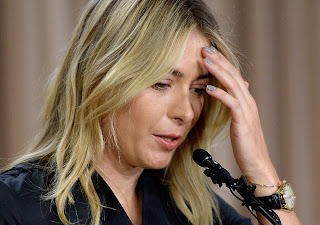Another week of ADED 1P32 is behind us and this week’s time
was spent exploring the online tool wiki and reflecting on the rights and
responsibilities of a digital citizen. A lot like last week, the tool
introduced this week, wiki, was a tool that I had already discovered in my
lifetime as a digital citizen. Like the blog post by Marshall Brain Stated,
Wiki are one of the sites that always pop up on Google searches and like he
also pointed out, they are so popular they are one of the top 100 sites in the
world (How Wikis Work, Marshall Brian)! Wiki’s are pages full of information
that I commonly use when I quickly want to find something out for both personal
interests and educational purposes. Like stated on Donald Clark’s blog that we
read during for this weeks content “wiki is not the finish line it is the
start” (Clark, 2012). To describe my use of wiki I believe this quote is very
true, as I always use wiki to give myself a better understanding of topic that
I am about to write an essay or do a project on before I go to educational
resources for more information. The ease, convenience and abundance of
information that wiki’s provide is why it is a great starting place to
understand and gather information on a certain topic.
When comparing wiki to other tools that we have discovered
in this class such blogs, Google docs, and Evernote, my opening comments would
be that I believe Wiki is a different type of collaborative platform then the
other ones. Wiki is a collaborative platform however it based on real
information and facts, which is usually backed up by references that are cited
throughout the page. Where, in comparison too Google docs, blogs, and Evernote
these platforms are more for personal opinions, views and a place that these
opinions and views can be built on collaboratively. In summary, although all the platforms that
have been introduced in the last few weeks are collaborative learning tools, I
believe that wiki is more of an informational collaborative platform, and the
other ones are opinion/ personal based collaborative programs.
Also during this weeks session we explored the rights and
responsibilities of a global citizen, which included in developing a personal
mind map of the ones that we believe are the most important. Out of the top
five listed on the map, it is my belief that the responsibility to respectful
at all times, the right to privacy and the right to freedom of speech are three
most important rights and responsibilities.
 |
| Esler C.C 2016 |
Brain, M. (n.d.). How Wikis Work. Retrieved March 8, 2016, from http://computer.howstuffworks.com/internet/basics/wiki.htm
Clark, D. (2012, December 4). Wikis – wickedly clever, underused learning tool. Retrieved March 8, 2016, from http://donaldclarkplanb.blogspot.ca/2012/12/wikis-wickedly-clever-underused.html




